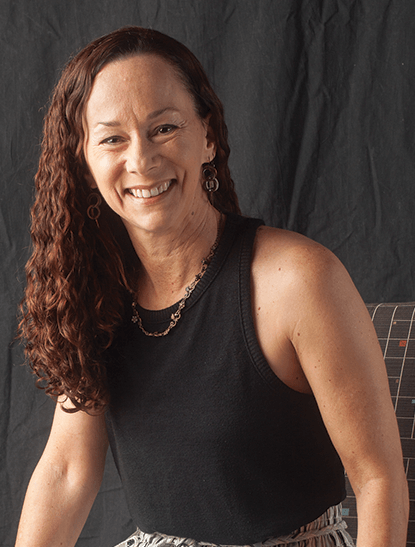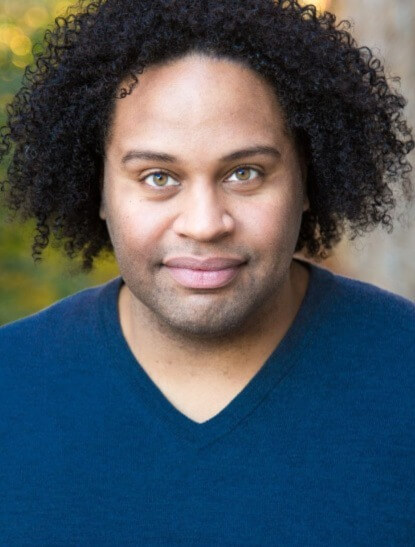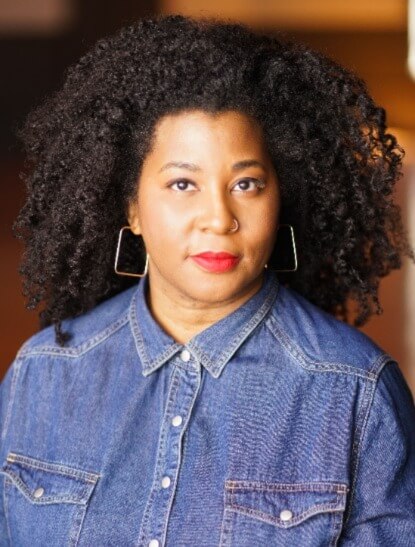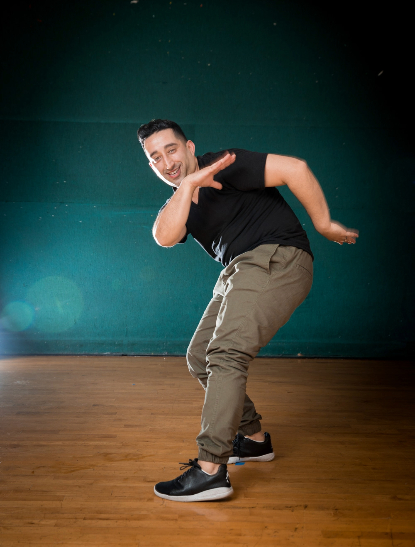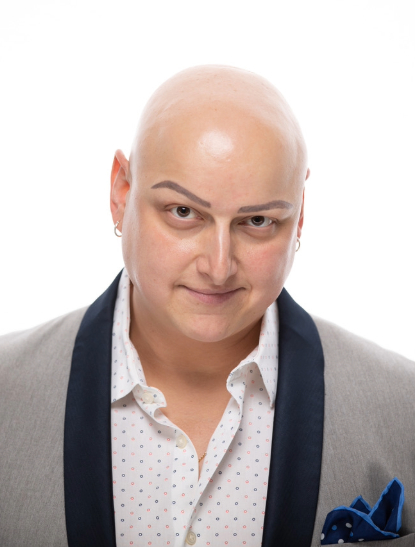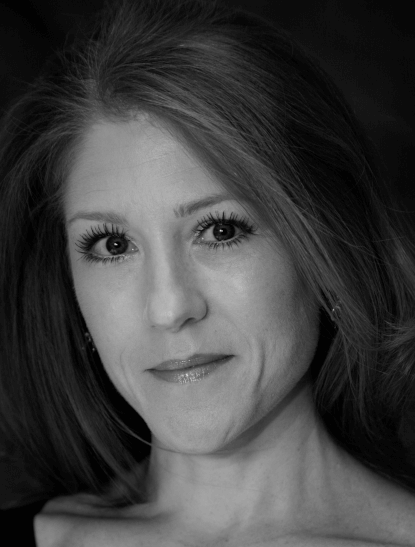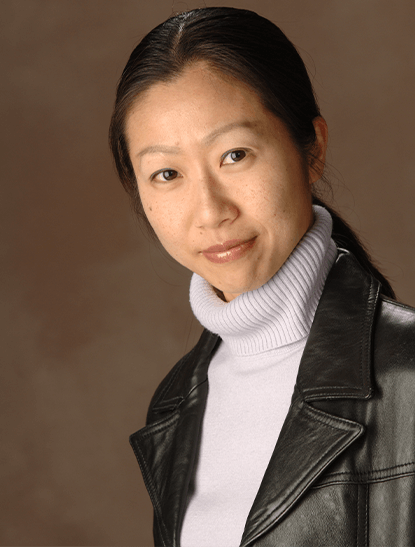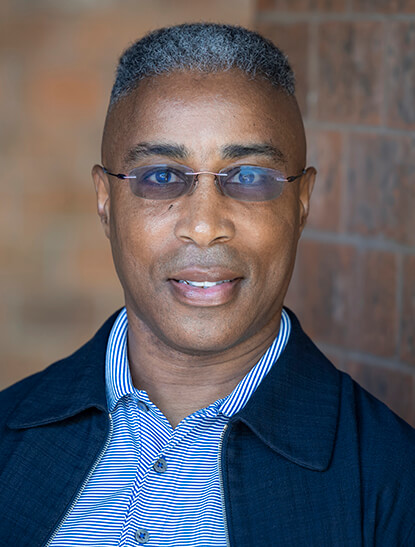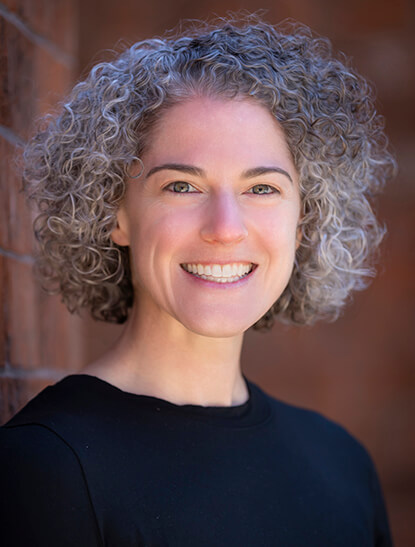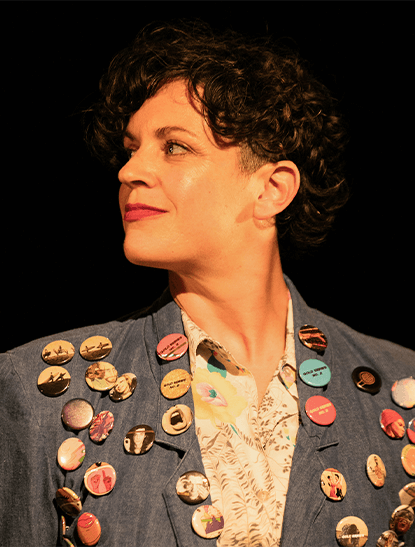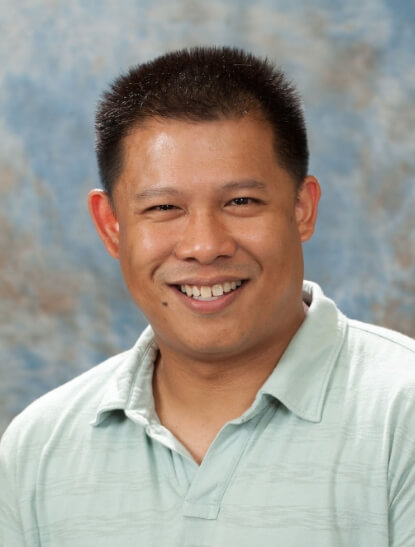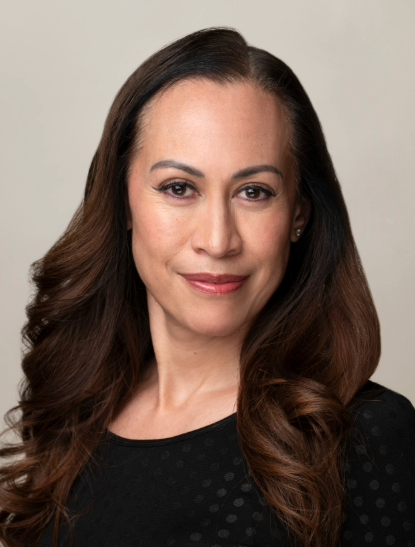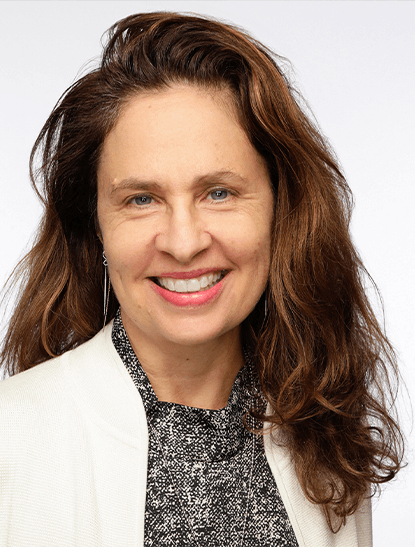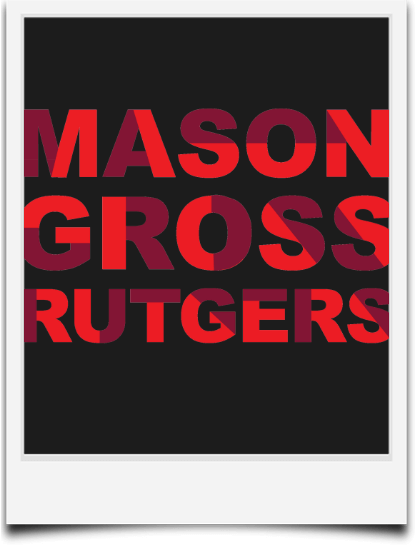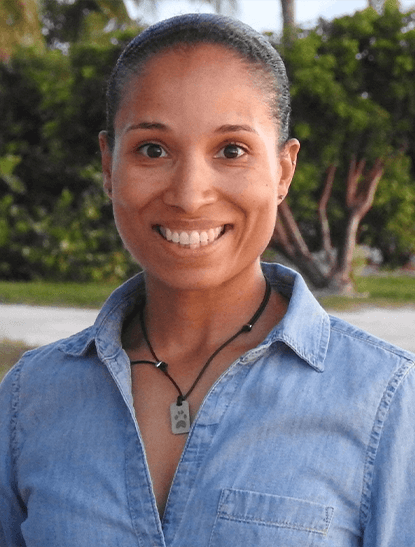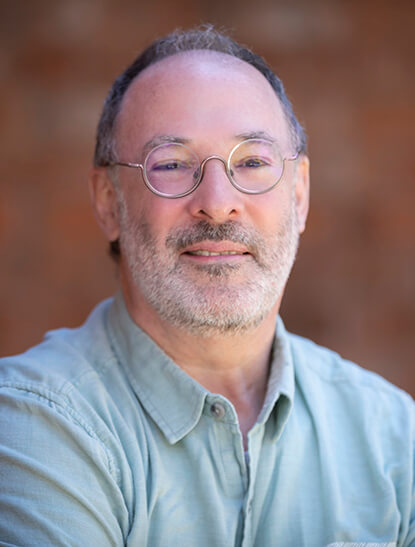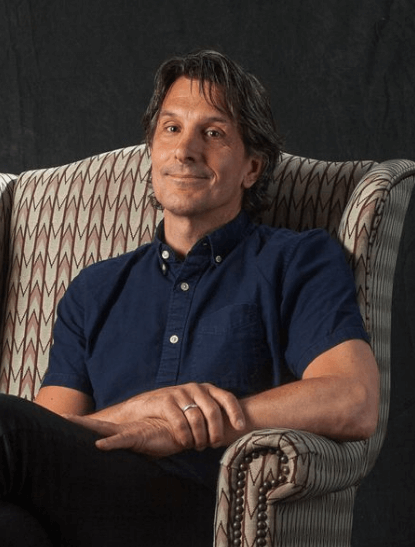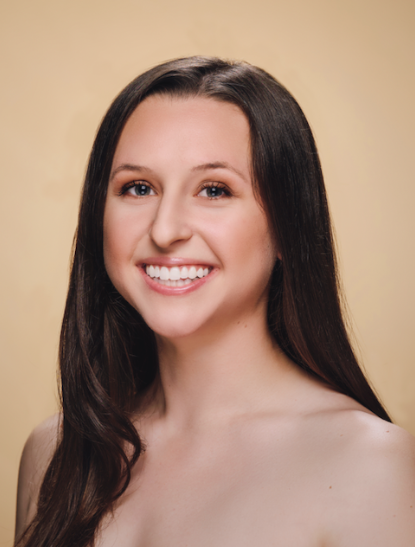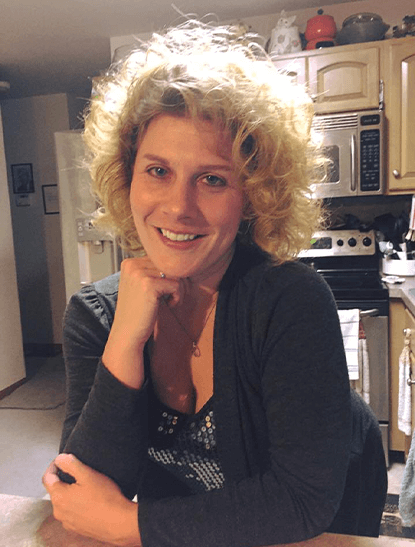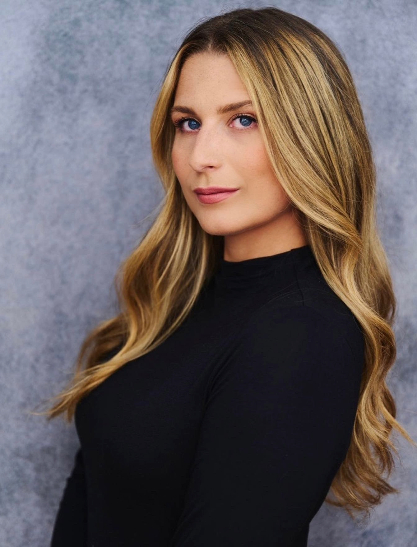Bachelor of Arts (BA) in Dance
The BA in dance is for students seeking a broad liberal arts education with a specialization in the area of dance.
Students pursuing the bachelor of arts in dance or the minor take classes through Mason Gross, but they are enrolled in other schools such as School of Arts and Sciences or the School of Environmental and Biological Sciences. No audition is required.
BA dance majors complete 41 credits in dance at Mason Gross School of the Arts. Dance courses include modern, ballet, jazz, somatics, improvisation, choreography, production, dance history, kinesiology, rhythm, Laban Movement Analysis, dance studies, and electives in advanced dance and additional movement forms.
REQUIREMENTS FOR DECLARATION
Current Rutgers students interested in declaring the BA MINOR or BA MAJOR must have:
- a 2.5 GPA and
- have completed 8 credits of MGSA technique/studio classes with a C or better
- To declare the major/minor
- SAS/SEBS students must declare through MyMajor. Students from other Rutgers units must contact their major advisor for instructions specific to their unit.
- Major and minor declarations can be submitted at any time but will only be processed when all requirements have been met.
- Applications are due on the first of the following months: November, January, April, and August. Decisions are made by the 15th the month that application is received.
- Students are advised to declare the major/minor no later than the second semester of their sophomore year to allow for adequate time to complete all requirements by their expected date of graduation.
- Students must be declared majors/minors to register for Dance Composition and to audition for department sponsored concerts.
Even if you are not yet ready to declare, you can receive Dance department course information by emailing dance@mgsa.rutgers.edu using your scarletmail email address with the subject line “Dance Department Inquiry.”
Learning Goals of the BA in Dance
What students will know:
Upon completion of the BA degree, our students will possess the knowledge and skills to constructively engage with diverse embodied practices and perspectives in the dance field, including historically marginalized practices; articulate how their intersectional identities connect to and impact their artistic/pedagogic/scholarly practices; utilize creative research methodologies; and engage with dance as a political, social, cultural, historical, and economic act.
What students will value:
Upon completion of the BA degree, our students will value rigor in their artistic practices; self-knowledge and understanding of their positionality as an artist and scholar; the potential of cross-curricular, multidisciplinary, and interdisciplinary engagements as resources within dance and related fields; the distinctive physical and cultural values of diverse movement practices; a social and environmental justice mindset; community service engagement; and wellness and self-care.
What students will do:
Upon completion of the BA degree, our students will be able to employ critical thinking and creative and scholarly research to become self-directed and self-managing practitioners; and investigate, integrate, and synthesize embodied experiences through artistic and scholarly methodologies into dance or other career fields.
Career Outcomes
This degree program prepares students to explore careers in:
- Interdisciplinary arts
- Performance and choreography
- Arts administration
- Lighting design
- Stage management
- Teaching Pilates and yoga
- Dance history/scholarship
- Physical therapy
- African Diasporic Dance and Jazz
- Classical/Traditional
- Contemporary Fusion
- Dance Education
- Dance Production and Dance Film
- History, Theory, and Dance Studies
- Improvisation and Choreography
- Production and Sound
- Somatics and Wellness
The study of fusion dance forms evolved from traditional and contemporary African and African-American dance forms, offering practice in performance techniques.
Faculty
Pointe classes include participation in a ballet barre and center work. The focus will be on the practice and principles of the classical ballet vocabulary with an emphasis on strengthening foundational skills in pointe technique. Advice will be given on how students can best prepare and maintain their pointe shoes. Men’s ballet classes emphasize strengthening foundational skills in men's technique. Advanced-intermediate courses explore barre and center-floor ballet technique, emphasizing adagio, allegro, barre, and center floor work.
Faculty
Our modern technique courses allow students to practice advanced skills in modern dance. The Dance Rotation Workshop introduces BFA dance majors to diverse dance techniques and somatic practices through studio-based experiences including, but not limited to, Bartenieff Fundamentals, Bharatanatyam, Kathak, Klein Technique, Graham Technique, Cunningham Technique, contact improvisation, Gaga Technique, ballroom dance styles, yoga, capoeira, dance forms of the African diaspora, Latin dance forms, Asian dance forms, Pilates, Alexander Technique, and Feldenkrais Method.
Faculty
Faculty
Dance history and theory courses explore the study of dance in diverse cultures and times through film, video, reading, lectures, discussion, and directed research. Instruction includes the study of the influences on contemporary concert dance of diverse cultural, artistic, and social movements.
Faculty
Improvisation courses explore the use of kinetics, movement design, and spatial sensing as potential sources of movement and partner interaction. Students also learn to explore dance improvisation as the source of movement for choreography. The courses focus on the development of improvisational skills with an emphasis on form as an integral part of creative and performance processes through exploration of contemporary dance practice and interdisciplinary performance practices.
Choreography courses focus on development of solo and group choreographic process with emphasis on movement invention and experimental forms as well as communication through movement with emphasis upon structural development. The completion of all four courses culminates with individual creative projects resulting in the production of a dance concert.
Faculty
Production courses explore the theoretical and practical applications of computer, video, audio, and technical theater skills necessary to produce, promote, and direct a dance concert. Students develop skills in a fully equipped audiovisual computer laboratory with attached dance studio and two professional theaters. In the "Video for Dance" course, students explore communication through dance as a video art with emphasis on video shooting and editing techniques, environmental controls, and improvisational dance movement structures used in the creation of video dance projects.
Sound and movement courses focus on analysis of the relationships of music and dance in content, form, and structure. Study includes analysis of rhythmic structure relative to movement, sight-reading note values, movement dictation, and composition.
Faculty
Science and wellness courses explore functional human anatomy and the study of the scientific basis of human movement as they relate to dance training. Courses include somatic studies of diverse movement disciplines with programs for Pilates and yoga for dancers.
Faculty
Minor in Dance
The minor in dance program provides introductory experience in dance training and dance theory. Minors in dance complete 20 credits in dance at Mason Gross School of the Arts. Auditions are required to take courses beyond Modern Dance II. A minimum of 2.5 GPA is required to apply and students must earn a C or better in required courses to complete the minor. Online versions of many courses are available through Rutgers Arts Online. To schedule an audition with the department, please fill out the MGSA BA in Art/BA in Dance/Minor in Dance Interest Form, and the information will be sent to you to register for the next available audition date.
Learning Goals of the Minor in Dance
What students will know:
Upon completion of the minor, students will possess the knowledge and skills to utilize a creative mindset; constructively engage with diverse embodied practices and perspectives in the dance field, including historically marginalized practices; articulate how their intersectional identities connect to and impact their artistic practices; and engage with dance as a political, social, cultural, historical, and economic act.
What students will value:
Upon graduation, our students will learn to value a creative mindset; rigor in their artistic practices; the potential of cross-curricular, multi and interdisciplinary engagements as resources within dance and related fields; the distinctive physical and cultural values of diverse movement practices; wellness and self-care.
What students will do:
Upon completion of the minor, our students will be able to employ critical thinking towards becoming self-directed and self-managing practitioners; and investigate, integrate, and synthesize embodied experiences.
Possible career outcomes:
The minor in dance supports integrating artistic and embodied mindsets into a variety of careers.

